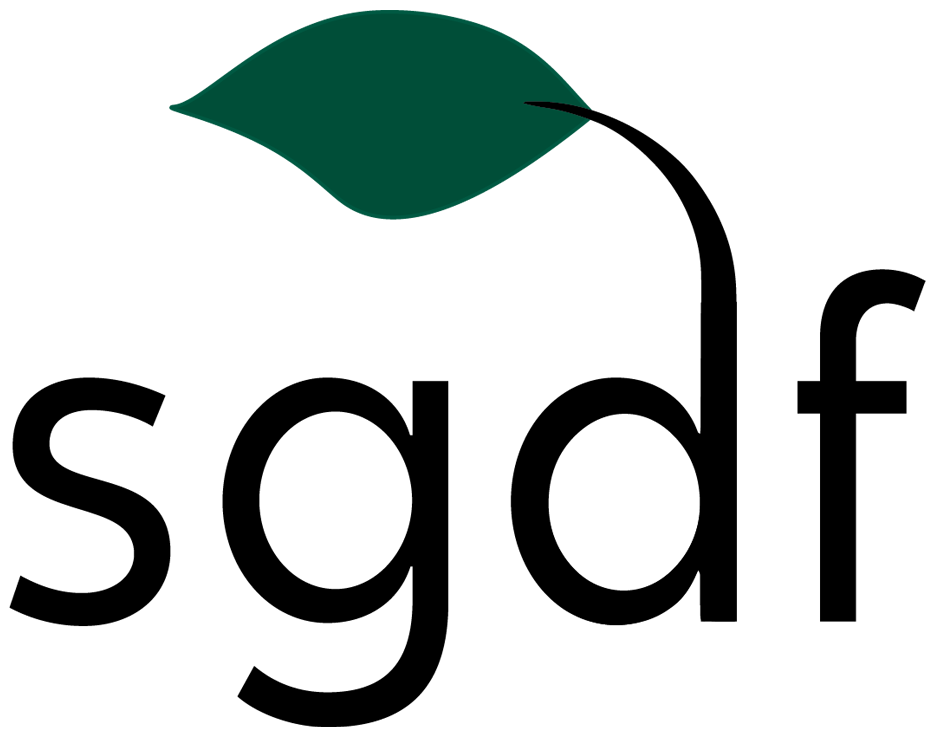By Solomon Kronberg, BA Economics and Comparative Cultures & Politics 2022
COVID-19 changed everything. If you followed our blog through 2020, you know Spartan Global has been adapting. From moving online to the Guatemala Relief Fund, the team has had to guide the organization in ways we never thought we would. SGDF’s goals have remained the same; providing interest-free microloans to entrepreneurs worldwide. However, a year into this pandemic, we feel we can do more. That’s why we’re launching the SGDF Education Initiative. Each month, the team will choose a topic related to our work and produce different types of free, educational media for your use. We’re doing this to keep adding value, even at a time when fewer people can donate
In the spirit of evaluating what kind of an organization SGDF can be, we thought it would be fitting to spend January engaging with microfinance itself. Our dear friend and longtime faculty advisor, Paulette Stenzel, joined us earlier this week to give a talk on microfinance’s history and future in the post-COVID world.
Professor Stenzel defines microfinance as financial services designed to increase impoverished people’s access to capital, and therefore their ability to do business. In most cases, it moves through microloans; small, low-interest loans to individuals or cooperatives. Interest is significant, as entrepreneurs in much of the world aren’t protected by usury laws, making them vulnerable to exuberant rates and even violence. Professor Stenzel recalled a conversation with Roger Silva, one of SGDF’s earliest partners. He remarked, “el hombre viene todos los días a reclamar el pago” (the man comes every day to claim payment).
Microloans can fill this space, especially through group-lending. Group-lending allows entrepreneurs to share the risk of a loan by forming a cooperative or other communal business. Widely credited with popularizing microfinance on the world stage, Muhammad Yunus discovered this combination’s potential by extending loans to women’s cooperatives in Bangladesh. These loans were not only repaid but fostered profitable ventures and increased gender equality. Professor Stenzel noted that the link between microfinance and gender continues, as women receive, capitalize on, and repay more loans on average.
It is important to note that most microfinance organizations cannot operate with a 0% interest rate like SGDF because of overhead. While most of these rates are appropriate, some organizations use the microfinance label to mask predatory loaning. This is always reprehensible, especially during a time of crisis like this pandemic.
To conclude her talk, Professor Stenzel reminded us of our mission statement: to provide financial assistance to impoverished people and help strengthen communities through increased opportunity. She stated her belief that now is not the time for slowing down for caution’s sake; Spartan Global can use still use our brand of microfinance to do good. She’s right. Economics tells us that if we do our part to boost the world market through investment, we can help dig out of this COVID induced recession. Perhaps more importantly, we can help make someone’s life a little less scary during this strange time.
We hope you enjoyed this month’s microfinance media! Keep an eye out for next month’s Education Initiative topic, stay safe.
